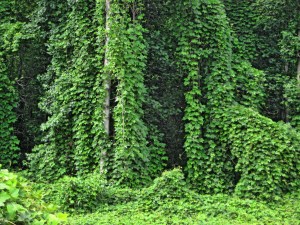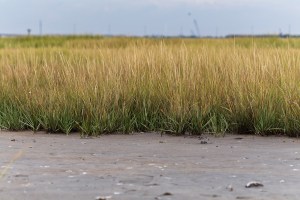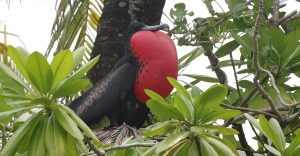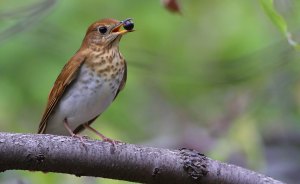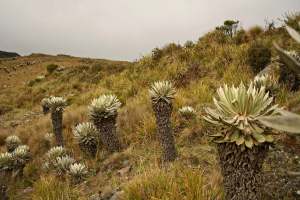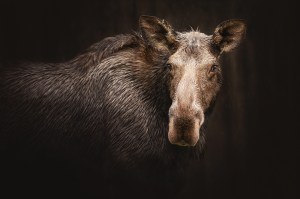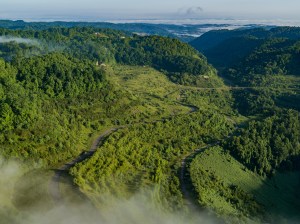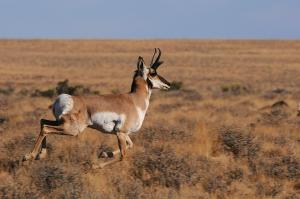Discover stories in Biodiversity + Climate Change
How Will Climate Change Affect the Spread of Invasive Species?
Many non-native species will likely flourish under climate change, but there are still things we can do to stop their spread.
The Overlooked Carbon Storage Potential of Tidal Marshes
Tidal marshes may not build forests, but they do build soil. And in that soil they trap, deposit and secure carbon. A whole lot of carbon.
Animals That Turn White in Winter Face a Climate Challenge
Hares, ptarmigans and Arctic foxes all turn white in winter, but as our planet warms, that adaptation may also need to, well, adapt again.
Small but Mighty: Pacific Island Atolls are Globally Important Sites for Tropical Seabirds
Global conservation efforts largely overlook the important contributions of atolls to the protection, restoration, and survival of tropical seabirds.
Earlier Springs Cause Problems for Birds
A climate change induced mismatch between green up and migration may prove too much for some species. But researchers say there’s still hope
Peatlands Are One of Earth’s Most Underrated Ecosystems
Peatlands are incredible Natural Climate Solutions. They cover only 3% of Earth’s surface, but store around 30% of all the carbon on land.
From Moose to Marmots, Microclimates Could Provide Climate Buffer
Microclimates — variation in everything from rock formations to vegetation — will help species survive the current and future climate crisis.
A New Future for Mine Lands in the Central Appalachians
In Central Appalachian, mine lands can be restored to forests in ways that benefit biodiversity, carbon storage and local economies.
Loss of Coastal Ecosystems Increases Risk from Tropical Cyclones
Science identifies where coastal ecosystems will be crucial for coastal protection services in a world altered by climate change.
Larger Beaks, Smaller Bodies: Could Climate Change Literally Change Birds?
Climate change might change more about birds than their migration patterns.
Solar Energy Development Doesn’t Have to Destroy Vital Habitat (but It Could)
With careful planning, the U.S. could produce needed solar energy and still protect lands important for animal movement and migration.
Giving Wildlife Room to Roam in the Face of Climate Change
Why Idaho’s Pioneer Mountains give wildlife room to roam in the face of climate change.
